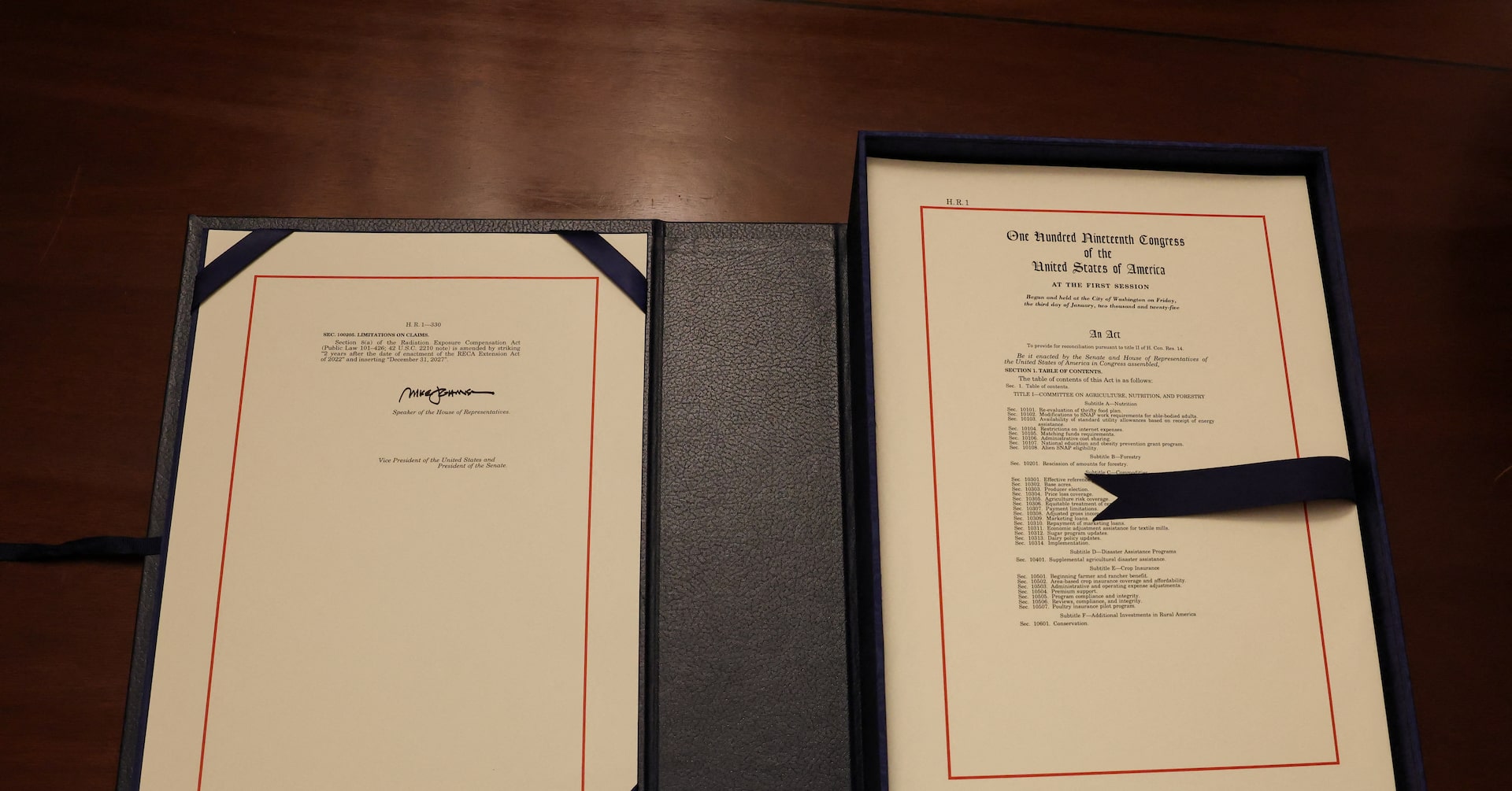
Healthcare organizations have issued strong warnings following the passage of U.S. President Donald Trump’s latest tax-cut and spending bill, expressing concern over provisions tied to healthcare policy. The legislation, which passed on Thursday, has drawn criticism from medical associations, public health advocates, and policy experts who argue it could lead to serious consequences for healthcare access and affordability across the nation.
At the heart of the criticism is the bill’s impact on existing healthcare programs and its potential to increase the number of uninsured Americans. Key provisions in the bill reportedly reduce funding for critical health services while also repealing or weakening measures introduced under the Affordable Care Act. Healthcare leaders argue that such changes could drive up premiums, limit access to essential care, and put financial strain on low- and middle-income families.
Public health advocates also raised alarms about indirect consequences, including the redirection of government funding that may have otherwise supported Medicaid expansion and public health initiatives. Beyond the immediate policy alterations, critics note that the long-term effect of the bill could destabilize insurance markets, particularly affecting individuals with pre-existing conditions and those relying on subsidized insurance plans.
The legislation’s broader fiscal strategy, including large-scale tax cuts largely benefiting corporations and high earners, has also been a point of contention. Healthcare advocates argue that reducing the federal government’s revenue base could limit future healthcare investment and hinder policy tools meant to address systemic health disparities.
Supporters of the bill defend it as a necessary move to stimulate economic growth and simplify the tax code. However, healthcare professionals and policy watchdogs remain concerned that the healthcare components were overshadowed in public discourse and deserve more thorough scrutiny.
As the bill moves forward into implementation, healthcare groups are calling for ongoing oversight, potential amendments, and public awareness about how the new policies may affect local health systems and individual care experiences across the country.
Source: https:// – Courtesy of the original publisher.








